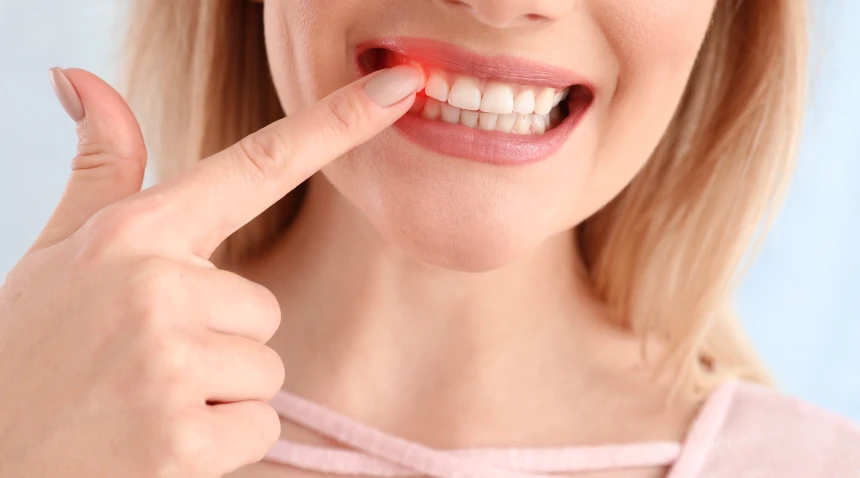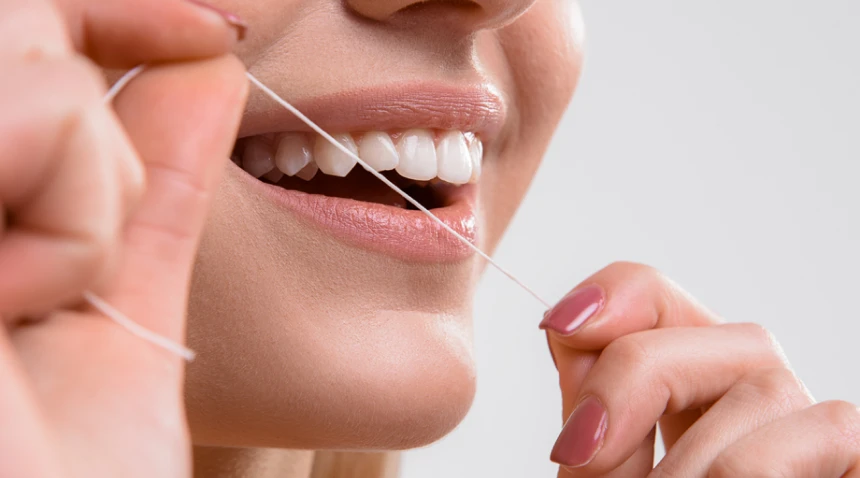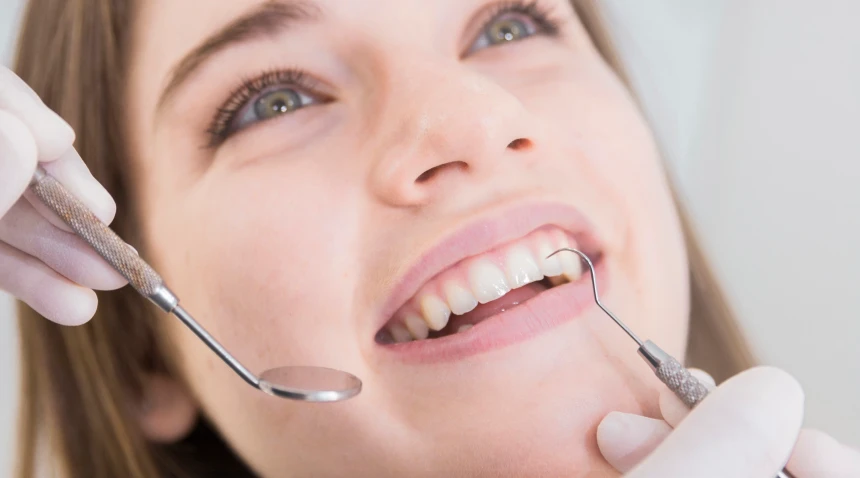Taking care of your mouth and teeth goes beyond having an attractive smile. Good oral hygiene is essential to prevent gum disease, reduce cavities, and maintain daily comfort. Regular care also plays an important role in overall health, as certain oral conditions can have repercussions on the entire body.
Understanding the importance of oral hygiene
The mouth naturally contains bacteria, most of which are harmless. However, when they accumulate and form dental plaque, they can cause inflammation, bleeding, or cavities. Effective and regular cleaning helps limit this buildup.
Daily attention also helps prevent bad breath, which can be linked to food debris or gum problems.
By adopting simple habits every day, it is possible to maintain a healthy oral environment and avoid many common issues.

Essential brushing techniques
Brushing remains the cornerstone of oral hygiene. It should be done twice a day (morning and evening) for at least two minutes.
The choice of toothbrush is important: a soft-bristled brush protects the gums while cleaning effectively. Movements should be gentle and circular, brushing from the gum toward the tooth to avoid irritation and remove plaque.
Fluoride toothpaste helps strengthen enamel and prevent cavities. For people with sensitive teeth, specific formulas are available to reduce discomfort.
Using dental floss and interdental brushes

Even careful brushing does not remove all debris between the teeth. Dental floss or interdental brushes help reach those hard-to-access areas.
Used once a day, these simple but essential habits help prevent gum inflammation and reduce the risk of interdental cavities. They also promote healthier gums and fresher breath.
Use them gently to avoid injuring the gums. Interdental brushes are particularly suitable for larger spaces, while floss works better in very tight areas.
The role of diet
A balanced diet plays a key role in oral health. Foods high in simple sugars, when consumed frequently, promote bacterial growth and the production of acids responsible for cavities.
Conversely, foods rich in fiber, such as raw vegetables, stimulate saliva production and help naturally clean the teeth. Water remains the best drink to stay hydrated and neutralize acids after meals.
Limiting snacking, especially on sugary foods, and favoring complete meals helps maintain a healthier oral environment.
Regular visits to the dentist
Regular check-ups, ideally once or twice a year, make it possible to detect dental or gum problems early. These visits are also an opportunity to perform scaling, an important procedure to remove mineral deposits that regular brushing cannot eliminate.
The dentist adapts their advice and recommendations to each patient, taking into account individual habits and general health.

Specific situations
Certain stages of life require special attention:
- Childhood: brushing should begin as soon as the first teeth appear, with adult assistance, to establish good habits early.
- Pregnancy: hormonal changes can make gums more sensitive. Closer monitoring is recommended to prevent inflammation.
- Older age: dry mouth, often caused by certain medications, increases the risk of cavities and infections. Suitable solutions exist to maintain comfort.
Habits to avoid
Some behaviors can weaken the teeth and gums:
- Biting hard objects (ice, pens, nails) can cause cracks.
- Using teeth to open packaging increases the risk of fractures.
- Frequent consumption of acidic drinks, such as sodas or certain juices, weakens enamel and promotes erosion.
Reducing these habits helps prevent irreversible damage.
Practical tips for everyday care

Establishing an oral hygiene routine doesn’t require much time, just a bit of organization. Using an electric toothbrush with a built-in timer can help you brush for the recommended duration.
Keeping a travel kit with a small toothbrush and toothpaste allows you to clean your teeth after meals away from home.
It can also be helpful to teach children to brush their teeth with music or a sand timer to make the process more fun.
Personalized care at Cabinet Mirabeau in Paris 16
Everyone has different needs depending on their general health, age, and habits. Regular follow-up and tailored advice help maintain long-term oral balance.
For residents of the 16th arrondissement of Paris seeking professional guidance in a reassuring environment, Cabinet Mirabeau in Paris 16 welcomes patients with special attention to their comfort and oral hygiene.
You may also like: Diet